World
Unicorns: Cross-culture love story explores secret LGBTQ+ world
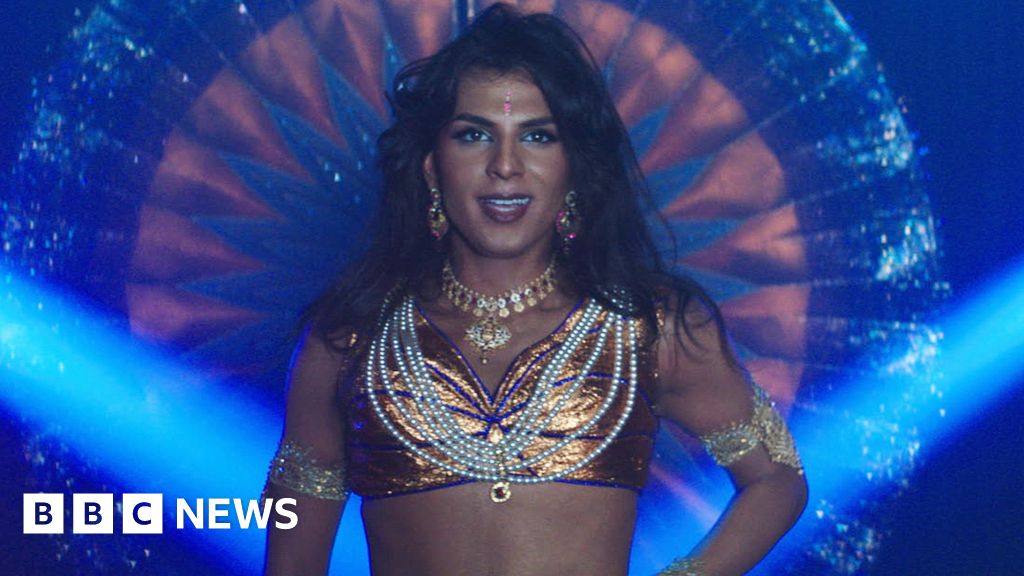
By Nicola Bryan, BBC News
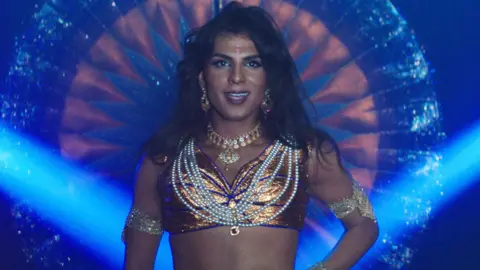 Signature Entertainment
Signature EntertainmentA love story between a white, heterosexual, working-class mechanic and a South Asian Muslim drag queen is shining a light on an underground LGBTQ+ subculture.
Feature film Unicorns takes the viewer to the heart of the highly secretive so-called “gaysian” scene – an amalgamation of the words gay and Asian – and introduces its glamorous drag queens.
“A lot of the queens are closeted and only have a certain number of hours on a weekend where they can actually be themselves, a lot use pseudonyms and have been ostracised from their families,” said Sally El Hosaini who co-directed the film with her partner James Krishna Floyd.
“On the surface [the gaysian scene is] extremely bright, very attractive… but underneath it’s actually a very gritty, real and quite a hardcore world,” added Floyd.
“They’re a minority within a minority… they’re getting attacked and rejected from all sides, from mainstream culture, from South Asian communities for the most part, from their religious communities for the most part and from the mainstream LGBTQ+ community as well.”
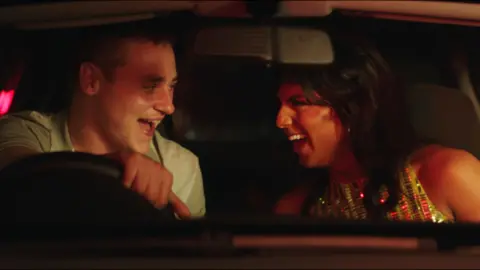 Signature Entertainment
Signature EntertainmentFloyd, who also wrote the screenplay, said he and El Hosaini – who is half Welsh and half Egyptian – were keen to explore “fluid identities”.
“For me personally as a half Indian, half English guy who has had sexually fluid experiences… mainstream culture is always putting all of us in very neat little boxes,” he said.
“I find that very frustrating and just so limiting.”
He said he had “always known about the gaysian scene” but was properly introduced to it by his friend Asifa Lahore, who in 2014 became the UK’s first Muslim drag queen to speak publicly about her work.
Lahore is a producer on the film.
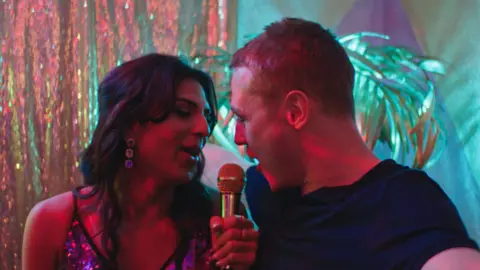 Signature Entertainment
Signature Entertainment“Everything in the film is based on either Asifa’s experiences, my own experiences or South Asian drag queens that I now know very well – it all comes from reality,” said Floyd.
Ashiq (played by Jason Patel) works in a shop by day but at night transforms into drag queen Aysha, dancing for a largely South Asian LGBTQ+ audience.
The love story begins when single father and mechanic Luke (played by Bohemian Rhapsody and former EastEnders actor Ben Hardy) mistakenly happens upon an underground club where Aysha is performing and they share a kiss before he realises she is a drag queen.
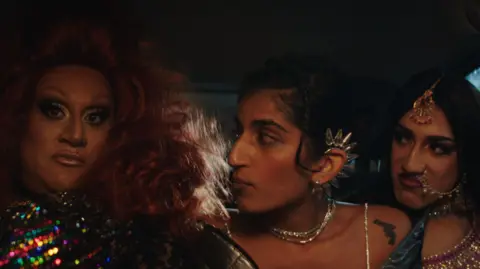 Signature Entertainment
Signature EntertainmentPatel, who plays Aysha, is not a real-life drag queen but many of the supporting cast are.
After a casting shout-out on social media El Hosaini and Floyd were sent audition tapes by a number of South Asian drag queens.
“A lot of those tapes were very moving,” said El Hosaini.
“Some of them were saying things like ‘I don’t even care if I get this role… the fact that this is being made about this kind of character and exists has made me feel seen’,” she said.
“Someone had recorded their tape in a bathroom and were talking very quietly because their family were in the house and and they didn’t want to be overheard.”
“It was another moment of just reminding us why we’re making this film,” added Floyd.
“If we were making this film for anyone, it was for the gaysian community… because there hasn’t been a film about them, certainly not a fictional feature film.”
Floyd and El Hosaini, who live in London and have a son together, first met when Floyd starred in El Hosaini’s directorial debut feature film My Brother the Devil.
He starred again in her second feature film The Swimmers.
Unicorns is Floyd’s directorial debut and the pair’s third time working together.
What is it like making a film with your partner?
“We first met in work, so we had that creative connection before our relationship,” said El Hosaini.
“When you do what we do and you’re so involved, we are each other’s rocks and support.”
She said with Floyd beginning work on Unicorns nine years ago, the project was “as old as our son, so actually it was like a child that had grown up in our family”.
“Us coming together to make it together just felt organic and felt like the right thing to do,” she added.
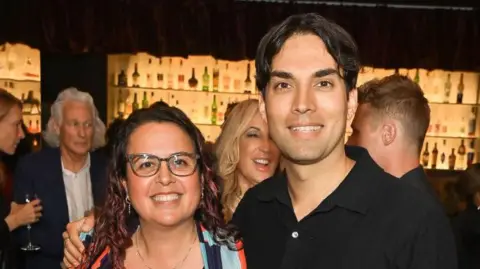 Getty Images
Getty ImagesEl Hosaini, whose mother is Welsh and father is Egyptian, was born in Swansea, raised in Cairo and returned to Wales at 16 to study at UWC Atlantic College in the Vale of Glamorgan.
Unicorns was supported by Ffilm Cymru Wales and will have a special screening at Green Man Festival in Powys next month.
“The industry has often seen my Egyptian side and seen me as Arab so I’ve been sent a lot of projects that always have an Arab angle,” said El Hosaini.
“But I’m equally as Welsh as I am Arab, it’s definitely in my bones, my blood and part of me and I think it’s just time until I do my Welsh projects.”
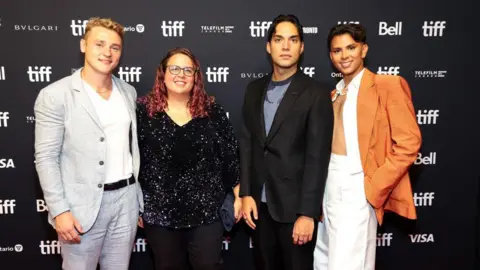 Getty Images
Getty ImagesFloyd said they were both frustrated by the narrow range of stories that make it to cinema and wanted to correct that.
“This industry is not very kind to minorities and it certainly isn’t kind to minorities within minorities,” he said.
“There’s such an imbalance. How many films do we need to make about – and I can say this as a half-white man – privileged, white, middle-class, cis, heteronormative men? Do we need any more of those? No, we don’t.”
He said one of the great things about storytelling was it could “shine a bit of a light on those communities that we don’t really hear about”.
“There’s more that connects us than divides us,” added El Hosaini
Unicorns is in UK and Irish cinemas now.




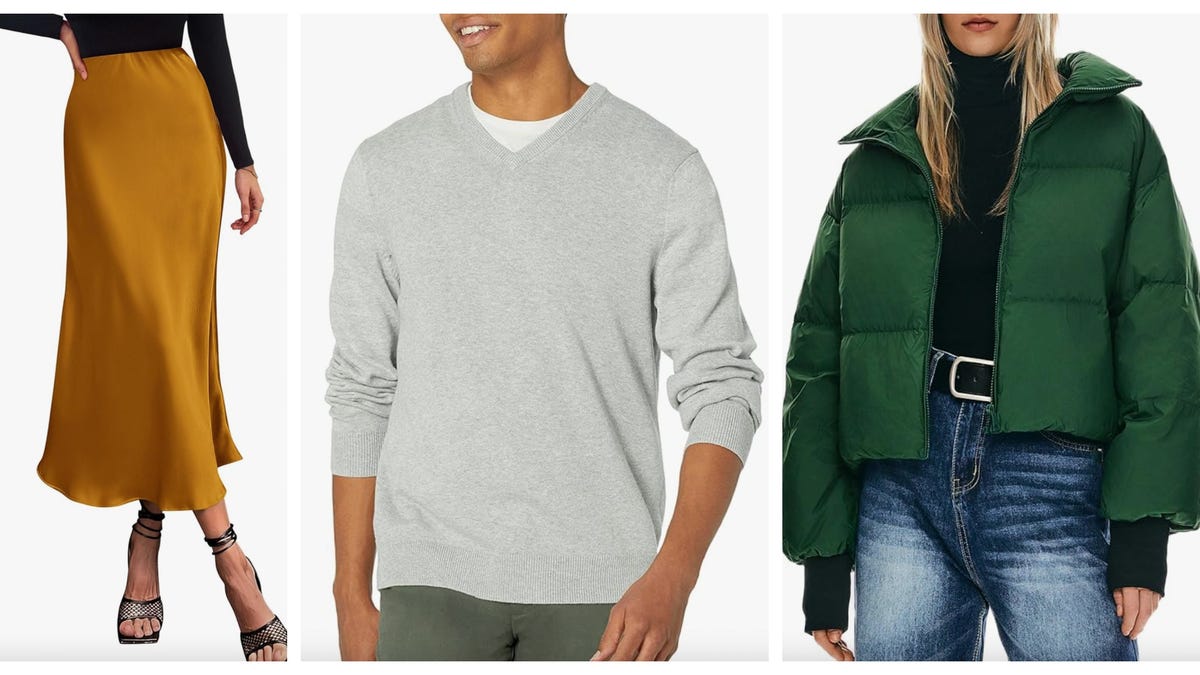


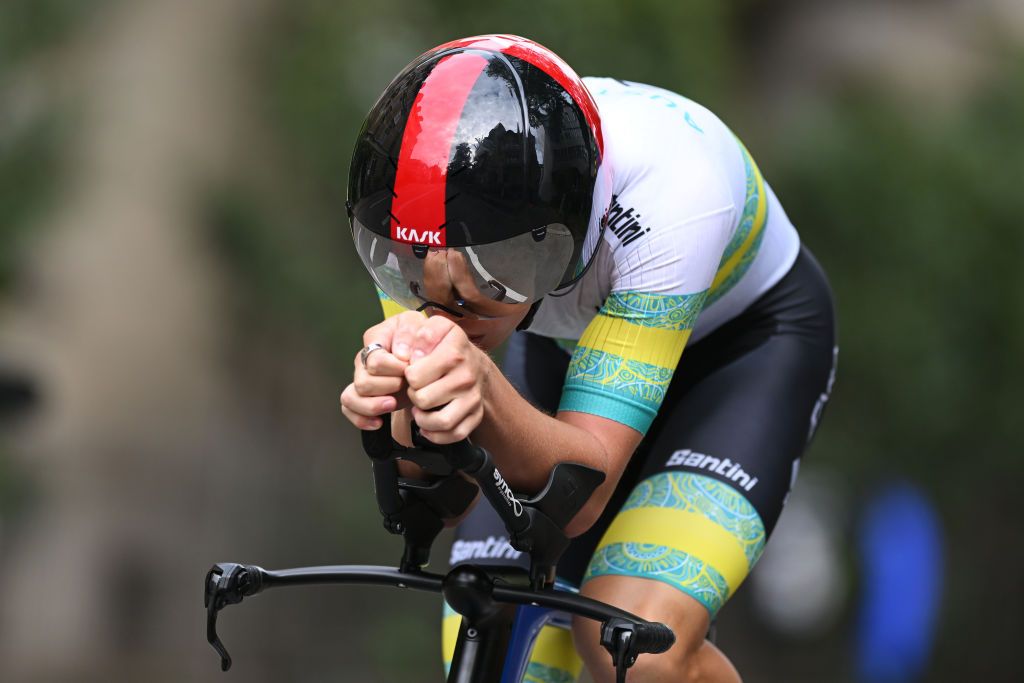
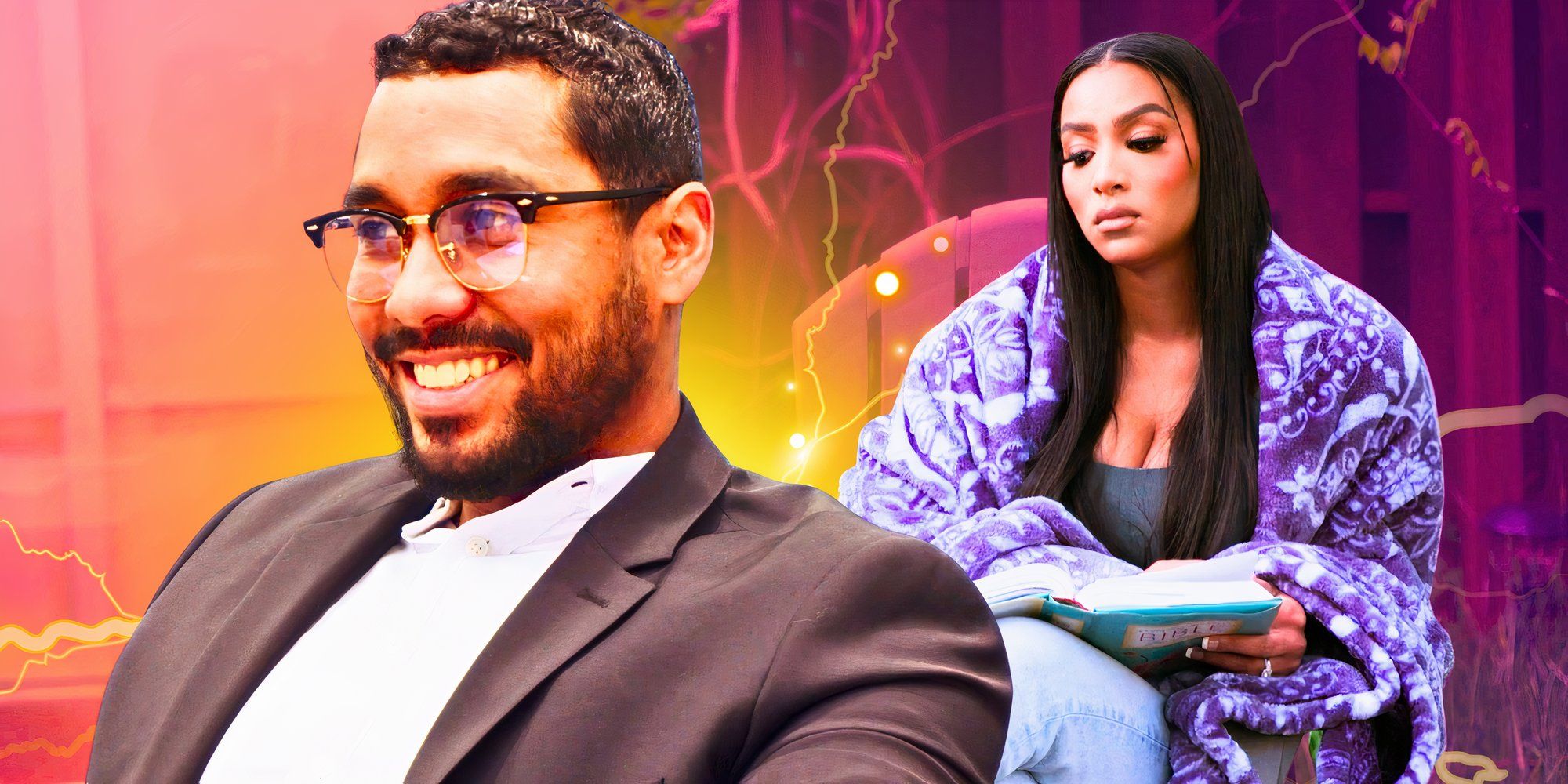
/cdn.vox-cdn.com/uploads/chorus_asset/file/24435784/tokyostrava.jpg)
